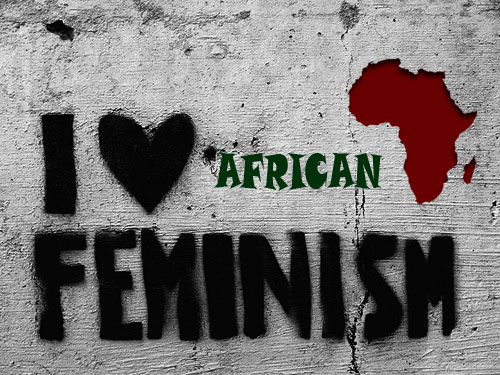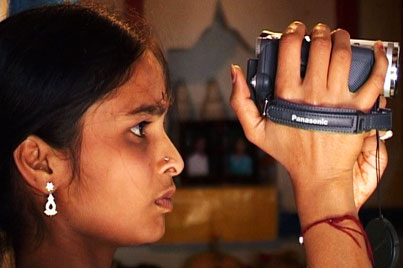The following interview was originally published at Ms. Magazine via the Femisphere, a profile interview series about feminists in the blogsphere. The series featured three Nigerian feminists, prompting my reflection on "internet lists" via the post, "What Does an African Feminist Look Like?" (and even a head-nod from Melissa Harris-Perry!).…
-
-
3 LGBT-Friendly African Feminist Organizations Who Aren’t Afraid of Using the F-Word
Given the tensions that exist within and around African feminism, I was pleasantly surprised to find (and get to know) three amazing organizations that have found a way to strike a balance between engaging all kinds of women from where they are and empowering women who already identify as feminists…
-
African Feminism - Afrofeminism - Blog - Keynotes, Talks, and Presentations - Media - Media Activism - My Work - New Media - Speaker Services - Thought Leadership
I am An African Feminist Cyborg: Activism, Fundraising and Security Online
I am an African feminist cyborg! The feminist cyborg is at home both online and offline, and her activism is reflected in her online life (whether it is through blogs, tweets and general online presence) as well as in what she does offline (working for a feminist organization, working with…
-
How to Increase Media Diversity: 3 Lessons from the London Feminist Film Festival
It's only been a few months since the LFFF's initial email to me, but judging from the film festival's program, the organizers efforts have really paid off. It's not every day I get to see I'm impressed with an organization's outreach efforts (and results). So, I'd like to take this…
-
4 Powerful Documentaries about African Women Everyone Should Watch
Check out these powerful films -- Taxi Sister, KungFu Grandma, The Witches of Gambaga, and Ladies' Turn -- exploring the lives of African women through narrative documentary. They're showing at the London Feminist Film Festival, which was set up as a response to the under-representation of women in the film…




